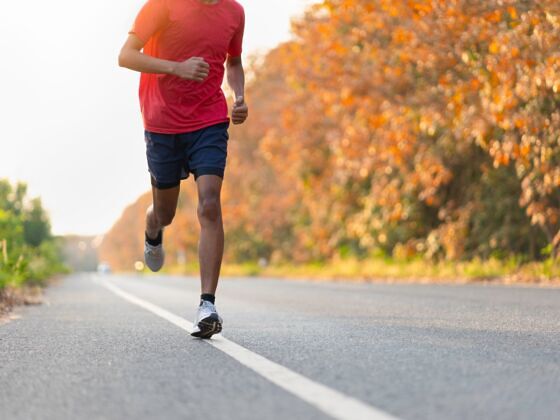WHEN IT COMES to health, a lot of people like to make grand plans, perfectly scheduled programs, and lofty goals that — more often than not — won’t last. Our failure disheartens us and programs us to fear trying anything new. It’s a self-destructive pattern that’s difficult to break.
But what if you only had to focus on one thing? What if you could find success simply by doing one thing for your health? Today? Right now? A Lifestyle Transformation starts with a single choice, but can lead to huge results. So here are 10 options you can choose from.

